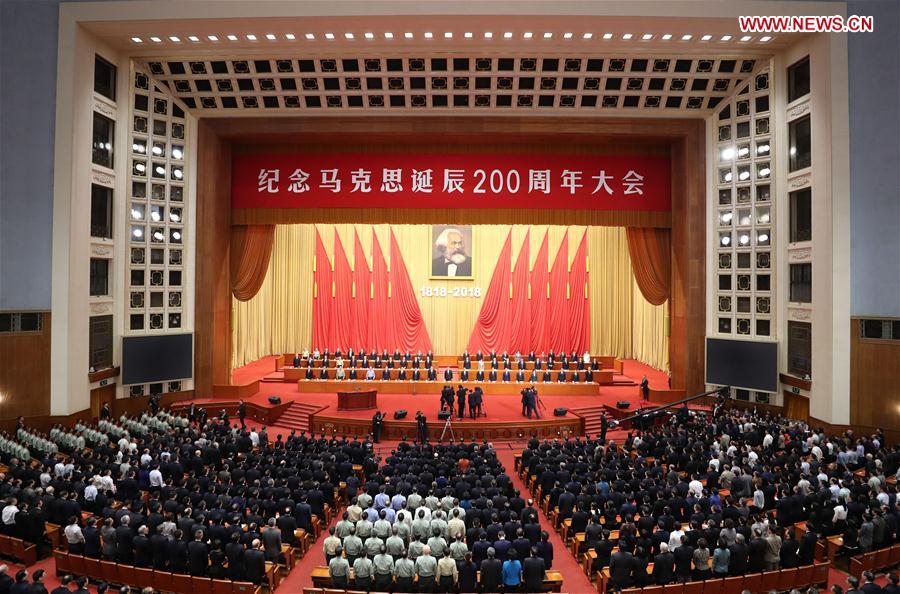Actually if you watched the 200th anniversary of Marx's birth conference you will know that president Xi's speech was extremely sparse on Marxist theory. It was half a speech praising Marx's historical impact and half a speech justifying that socialism with Chinese characteristics is the correct development path for China. In short the conference was all about taking existing political and economic decisions and pretending that these policies where somehow Marxist. So no, China is not a Marxist state, just a state with some Marxist aesthetics.
That is too far off. You think that pretending is going to work? To be able to gather all CCP's members and the citizens around a pretender (a fake)? That has never worked in the history of mankind, and certainly CCP is not doing that.
More importantly, spending half of his time on praising Marx is sparse on commitment to Marxism? Isn't the historical impact the foundation of shaping what CCP and PRC really is? By equating "impact" with "sparse", you are suggesting that CCP is de-Marxing. If CCP is deMarxing, why would its head praising it on the anniversary, wasting half of his time? Shouldn't he downplaying the "impact" by not saying much of it? A true pretender would do so, at least.
Like it or not, China is a Communist ruling state with Marxism being enshrined in the constitution of PRC and CCP. What China is not is the kind of Marxism that you have identified based on the outdated understanding, which is the Marxism of USSR and pre-1980 CCP.
Remember, CCP once called USSR a pretending Communist (revisionist in pollical terms), betraying Marx and Lenin. USSR returned the same denunciation on CCP too. Communists in Western world called both CCP and Soviet Communists fake/pretenders (radicals and revisionists). This is to show, definition is all based on individual interpretations, nobody can claim being the right and true. If one call the other being pretender/untrue/fake according to one's own interpretation, one would be acting in the same way as the religious radicals present and past.

